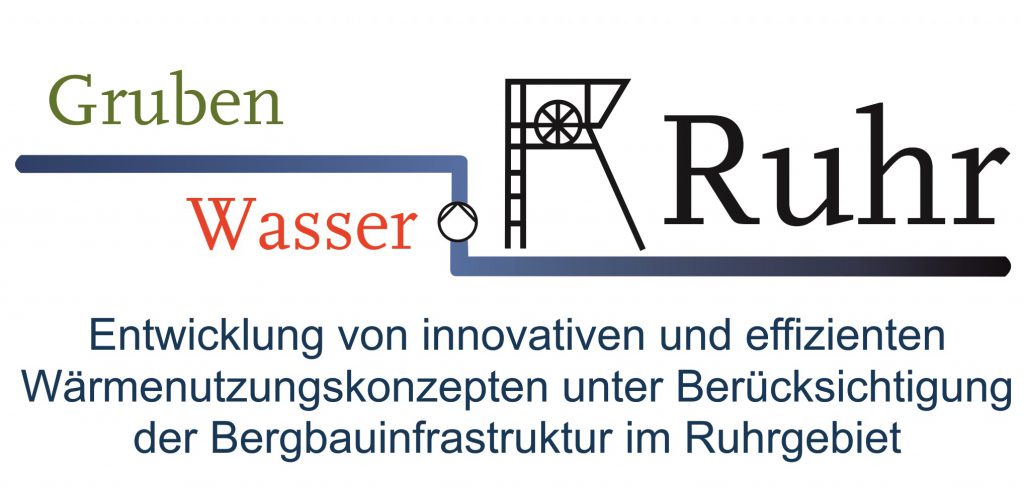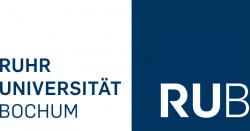Grubenwasser Ruhr Project
In the project “Grubenwasser-Ruhr (GW-Ruhr)” the technical, economical and ecological feasibility of a heat supply for a district is analysed. The participating Chair for Energy Systems and Energy Economics at the Ruhr-University Bochum considers in particular the use of mine water from the existing mining infrastructure.

Underground Water as an eternal heat source
In 2018, the coal mining age in the Ruhr area ended. In the tunnels and shafts used for coal mining, up to 1400 m deep, the precipitation water that sinks downwards accumulates with various salts.
In the past, this so-called mine water was pumped out mainly to protect the tunnels, but due to the high salt content, mixing with the groundwater used as drinking water must be prevented in the future. The pumping out of the mine water is thus a costly “eternity task”. Every year, 61 million m³ of water are pumped to the surface at 12 locations in the Ruhr area. Depending on the location and lifting depth, the water is between 15-30 °C warm. Instead of heating with fossil fuels such as gas and oil, the mine water can be raised to a higher temperature level with the aid of heat pumps and used to supply heat.
Comparison of variants: heat pumps or conventional heat supply?
In the project of the Ruhr University Bochum and other partners, the possibilities for the energy supply of a new district according to KfW 40 standard are being investigated taking into account the local mining infrastructure. In addition to various heat pumps, there are combined heat and power (CHP) units, conventional gas boilers and a district heating connection to choose from. A challenging aspect is the optimal interaction of the individual generators and storage facilities in the form of a virtual power plant. Simulation tools such as TOP-Energy® help to control this complexity. From integrating weather data, realistic heat load curves can be stored in hourly resolution, energy concepts can be modelled with just a few clicks and then compared with each other. “In the project Grubenwasser-Ruhr we used TOP-Energy to develop complex energy systems for a sustainable heat supply with consideration of mine water heat. I find it practical to have the versatility with which I can model complex energy systems energetically and economically. Components can be easily adapted for your own applications. The competent TOP-Energy team is a reliable contact for any questions you may have”.

M. Sc. Tobias Reiners, Research Assistant
“In the project Grubenwasser-Ruhr we used TOP-Energy to develop complex energy systems for a sustainable heat supply with consideration of underground water heat. Practically I find the versatility with which I can model complex energy systems energetically and economically. Particularly in the processing of time series and the economic comparison of variants, the software demonstrates its strengths. The components can be easily adjusted for custom applications. TOP-Energy’s team of experts is a reliable contact for any questions you may have.“
Titel: Beheizung eines Stadtquartiers mit Grubenwasser
Autoren: Hermann-Josef Wagner, Lisa Altieri, Michel Gross, Tobias Reiners, Johannes Schliesser, Salah Dishneh
Title: Mining as a driver of structural change in the Ruhr region
Authors: Hermann-Josef Wagner, Lisa Altieri, Benedikt Bartels, Nils Penczek and Tobias Reiners
